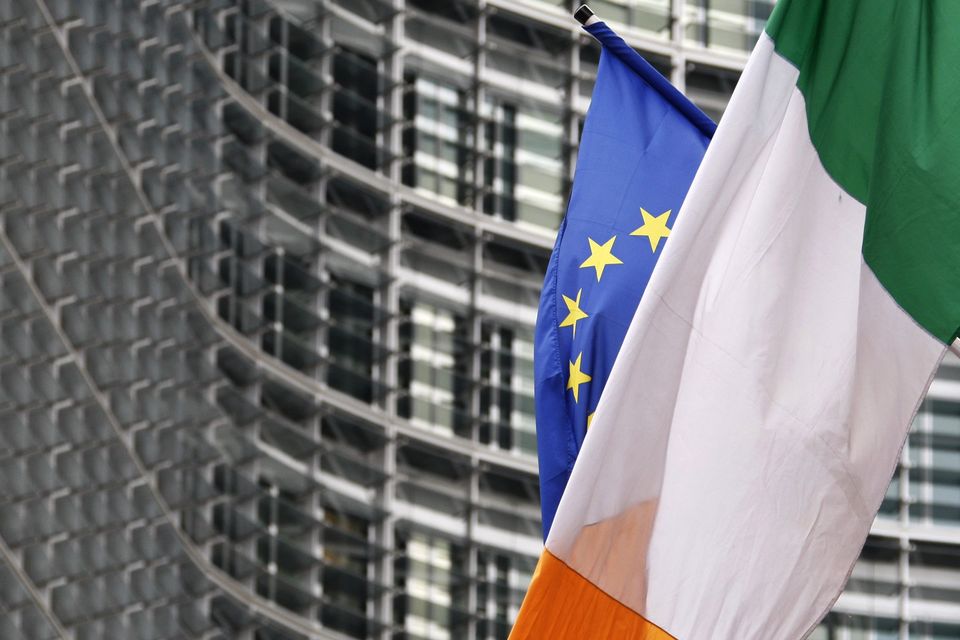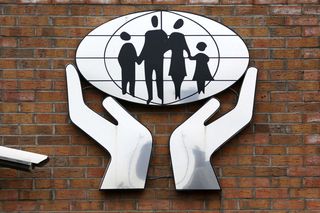Ireland must push for an EU 'Brexit fund'
There is a strong case to be made for special funding from Brussels. Photo: Reuters
Today, 362 days after British voters opted to quit the European Union, those EU-UK divorce talks finally get under way. These negotiations are starting before the UK officially forms its new government or lays out its policy programme.
There are also questions about what sort of mandate Prime Minister Theresa May has to pursue Brexit after her general election reverse. In contrast, the EU enters the talks with a certain confidence and a "mandated and accountable negotiator". That negotiator, Michel Barnier, has shown a sincere good intent in relation to Ireland's case.
But with deep disarray in London, Mr Barnier's goodwill may avail us of little in practice. Ireland, North and south, risks becoming the meat in the sandwich.
Today, in our ongoing focus on Brexit, this newspaper examines transport challenges which face the island of Ireland. After an aggressive - if incomplete - road-building programme during the boom years, the Republic's roads are much better than the North's.
A huge upgrade of the roads system within the North is needed to ensure that Donegal and the greater north-west are not marooned by Brexit. Realistically, this must be actively pushed by the Dublin Government. But there is also a strong case to be made for special funding from Brussels.
This brings us neatly to the burning question of a 'Brexit fund' to help offset the deleterious effects on citizens in many countries of the departure of the second biggest economy in the EU. A good chunk of such a fund must go to improving transport links and our report today shows that a €1.7bn investment plan is needed to improve north-south links on this island.
This must become a major part of Ireland's focus.
A simple solution to a very damaging dispute
That unseemly row over the Court of Appeal appointment will do more harm than just taking the gloss off the new Taoiseach. More importantly, it is a huge distraction from urgent Government business.
But there is a simple and quick solution available here: Máire Whelan must withdraw her name from the appointments process. Ms Whelan, an eminent lawyer who served as attorney general for more than six years, could then decide whether she wanted her name considered by the usual appointment route involving the Judicial Appointments Advisory Board.
The Taoiseach, Leo Varadkar, could concede an error of judgment and get back to the business of Government, which had been stalled for a full calendar month by the Fine Gael leadership election.
There is the opening of the Brexit talks, the ongoing housing crisis, and the intractable problems dogging our health services to deal with. A Budget must be prepared for this October with available funds tightening by the day.
But there were no signs that this sensible course of action was likely to be followed. Over the entire weekend, Mr Varadkar insisted that the appointment of Ms Whelan to the Court of Appeal stands and will go through.
The Government has continued to fall back on the correct assertion that the appointment of Ms Whelan is "lawful". This is true - but it is also opportunistic and politically unacceptable behaviour.
Join the Irish Independent WhatsApp channel
Stay up to date with all the latest news















